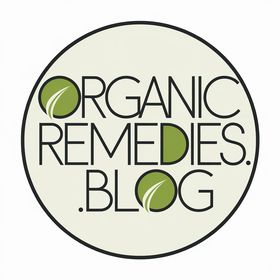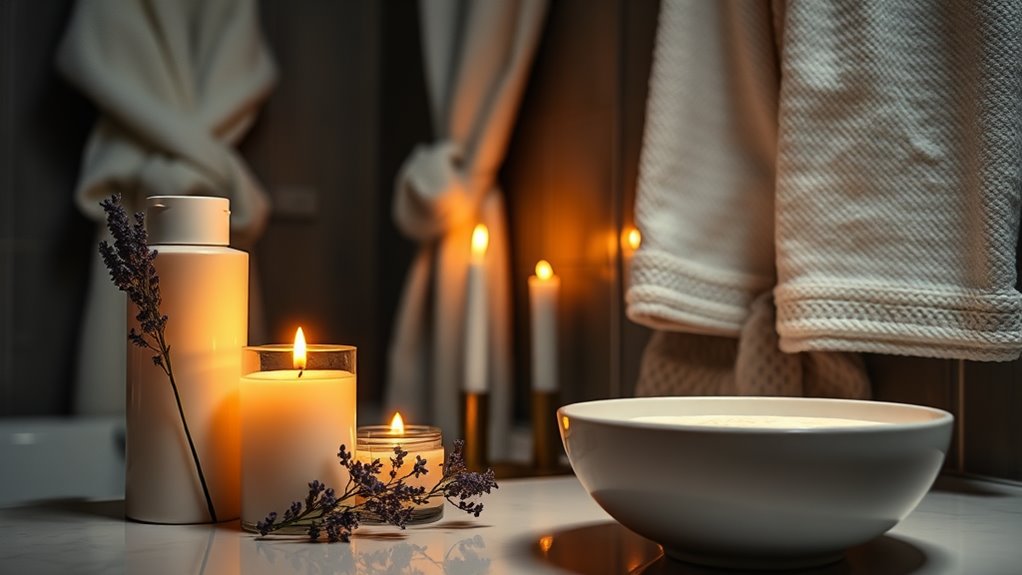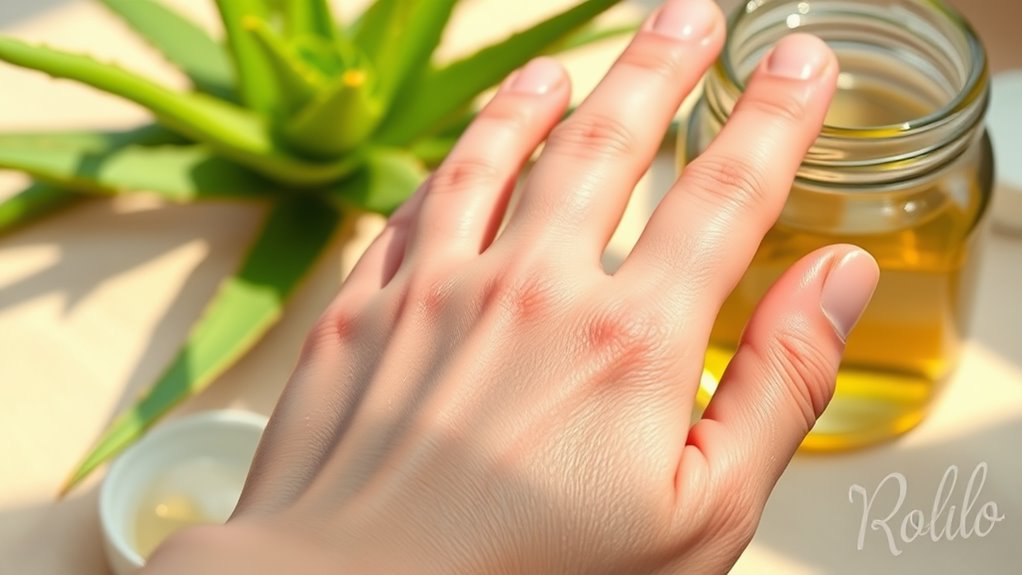A Nighttime Routine That Soothes My Eczema Fast
Managing eczema, especially at night, requires a structured routine to minimize flare-ups and promote skin healing. You’ll benefit from understanding your skin’s unique needs and the products that effectively provide relief. Starting with the right cleansing method and followed by targeted treatments can make a significant difference. By establishing a calming routine, you not only support your skin but also address the stress that often exacerbates this condition. Let’s explore the specifics of effective nighttime practices.
Understanding Eczema and Its Triggers
Understanding eczema and its triggers is crucial for effective management of this chronic skin condition. Eczema often results from a combination of genetic factors and environmental influences.
Common triggers include allergens like pollen, dust mites, and pet dander, as well as irritants such as soaps or shampoos. Stress and temperature changes can also exacerbate symptoms.
By identifying your specific triggers, you can customize your eczema night routine. Incorporate calming practices, like meditation or gentle stretching, to reduce stress before bed. Additionally, consider incorporating natural remedies into your routine, which can enhance skin hydration and alleviate symptoms.
Also, consider optimizing your bedroom environment; keep it cool and free from allergens. This proactive approach can help minimize flare-ups during the night, allowing for a more restful sleep and healthier skin.
Essential Products for Nighttime Relief
To manage eczema effectively, a well-curated selection of nighttime products can significantly enhance your comfort and skin health.
When you prepare for bed, consider incorporating these essential items into your routine:
-
Moisturizing Cream or Ointment: Look for a thick, emollient-rich formula to deeply hydrate and lock in moisture overnight.
-
Prescription Topical Steroid: If advised by your dermatologist, apply a thin layer to inflamed areas to quickly reduce itching and inflammation.
-
Cotton Gloves or Socks: Wear these over treated areas to prevent scratching and allow the products to absorb effectively.
Using these targeted products promotes healing and helps you enjoy a more restful night, minimizing eczema’s disruptive effects on your skin.
Step-by-Step Nighttime Application Process
Establishing a consistent nighttime application process can drastically improve your eczema management.
Begin your routine by gently cleansing your affected areas with a mild, fragrance-free cleanser. Pat your skin dry to avoid irritation.
Next, apply a hydrating serum or lotion that contains ingredients like hyaluronic acid or glycerin to lock in moisture.
After that, use your prescribed topical medication, ensuring even coverage on all affected areas. Wait a few minutes to allow for absorption.
Finally, seal in hydration with a thick emollient or ointment, focusing on particularly dry spots. Incorporating natural ingredients known for their soothing properties can further enhance your skin’s recovery.
This layered approach not only hydrates but also protects your skin overnight. Consistency is key, so make this routine a daily habit for optimal results.
Incorporating Relaxation Techniques
After completing your nighttime application process, incorporating relaxation techniques can further enhance your skin’s condition by reducing stress, which is known to exacerbate eczema flare-ups.
Stress management is vital, as it directly impacts inflammatory responses in your body.
Consider the following techniques to promote relaxation:
-
Deep Breathing Exercises: Engage in breathing techniques that calm your nervous system, helping to reduce overall stress levels. One effective method is the 4-7-8 breathing technique, which promotes quick anxiety relief by regulating your breath.
-
Yoga or Stretching: Gentle movements can relieve tension in your body while facilitating blood flow and promoting relaxation.
-
Mindfulness Meditation: Focus on the present moment through mindfulness practices to foster a sense of peace, which may aid in managing your eczema symptoms.
Incorporating these practices can significantly contribute to your overall skin health and emotional well-being.
Lifestyle Changes for Long-Term Management
While consistent skincare routines are essential for managing eczema, implementing lifestyle changes can significantly enhance long-term outcomes. Improving your diet, managing stress, and optimizing sleep can help control flare-ups. Additionally, choosing natural treatments can provide immediate relief and promote skin health.
| Lifestyle Change | Benefits |
|---|---|
| Anti-inflammatory Diet | Reduces skin inflammation |
| Stress Management | Lowers cortisol and itch |
| Quality Sleep | Enhances skin repair processes |
| Regular Exercise | Increases circulation and healing |
Making these adjustments can be transformative. Incorporate fruits, vegetables, and omega-3 fatty acids into your meals for better skin health. Engage in stress-relieving activities like yoga or meditation. Prioritize restorative sleep, as it’s crucial for your body’s healing. By focusing on these holistic strategies, you’ll better manage eczema in the long run.





